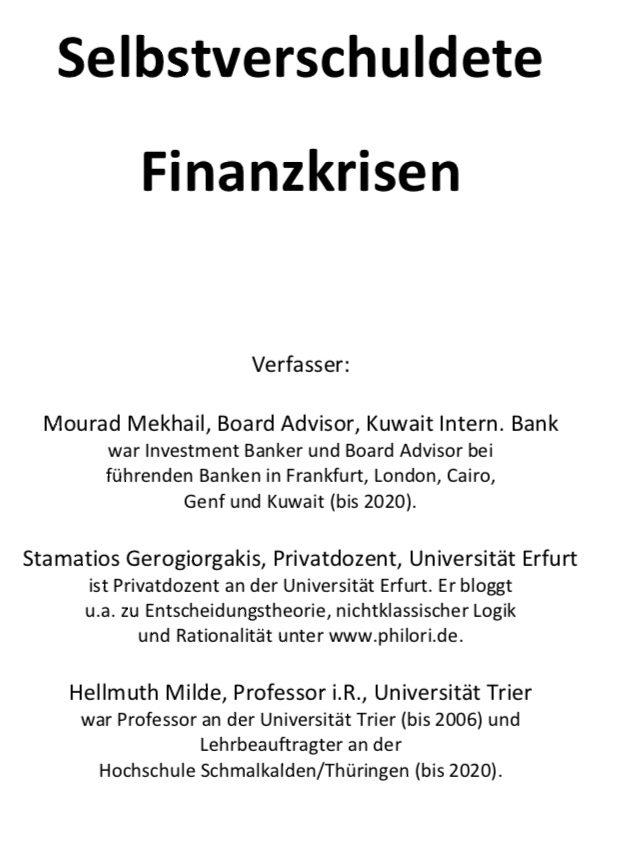
Scroll for English
Zu Fuß waren wir unterwegs, mein Bruder Konstantin und ich, vor dem Versuch des großen Gropius, sich mit dem Parthenon zu unterhalten. Als mein Bruder ist er das einzige Element einer Menge. Ich habe keine anderen Geschwister. Aber bei weitem nicht das einzige Element griechischer Sarkasten. “Ich war immer neugierig”, sagte er, “zu erfahren, mit welchen fadenscheinigen Argumenten Bestatter einem den teureren Sarg anzudrehen versuchen. Jetzt werden wir endlich diese Neugier stillen”. Ich lachte. Warum Geld ausgeben für eine Ware, den Sarg, die der Nutzer gar nicht wahrnehmen kann? Unser Vater war eine halbe Stunde vorher in einem Krankenhaus in Athen-Zentrum gegenüber der amerikanischen Botschaft gestorben. August 2017.
Unseren eigenen Tod werden wir nicht wahrnehmen. Deshalb finde ich, dass das Argument von Exit für den assistierten Suizid angesichts der im Freitod enthaltenen Selbstbestimmung eine fragliche Verwendung von “selbstbestimmt” enthält. Ich bestimme selber mein Studium, meine nationale oder soziale Identität, damit ich frei bleibe. Tote Menschen sind aber nicht frei. Sie sind jenseits von Freiheit und Unfreiheit.
Es gibt Wirtschaftszweige, die das Gefühl verkaufen, nach dem Tod wären wir froh, in einem schönen Sarg zu liegen, in einer Urne nicht von Würmern gefressen zu werden, selbstbestimmt gewesen zu sein usw. Ich verstehe nicht, wie solche Unternehmen argumentativ punkten. Sie tun es anscheinend, sonst würden sie nicht existieren.
Es gab einen Philosophen in der Antike, Hegesias Peisithanatos (“der zum Tod Überzeugende”), der seinen Schülern beibrachte, das Vernünftigste, was sie mit ihrem Leben machen könnten, wäre es, es vorzeitig zu beenden. Sicher wird er die Bezahlung für seine Dienste im Voraus verlangt haben. Wie Exit.
Wenig finde ich, was die Antike uns nicht vorlebte. Gropius und Bauhaus: Das war der Parthenon. Hegesias lebt nicht im hellenistischen Ägypten, sondern er heißt heute Exit und operiert in der Schweiz. Was die Antike nicht hatte, war natürlich Weihnachten und die verzweifelten Menschen im Advent. Bereits hatte ich meine Vorweihnachtszeit-Zugverspätung wegen “Notarzteinsatzes” für dieses Jahr.
Hegesias’ Bücher waren unter Ptolemaios I. von Ägypten verboten, da sie zum Selbstmord animierten, Ich vermute daher, dass es des Ptolemaios Geburtstag war, den die Selbstmorde nach Hegesias’ Lehre beschatteten. Der Geburtstag eines Königs, der in Ägypten unterwegs war. Das trifft sich gut.

Enough with scrolling
We were walking to his car on the pavement opposite to the great Gropius’s attempt to discuss with the Parthenon. Constantine has the one-member property to be my brother. I have no other siblings. And an, in Greece, shared with hoi polloi property of being sarcastic. “I was always curious”, said he, “to hear the defeasible arguments with which an undertaker would try to make you buy the more expensive coffin. At last my curiosity is close to its being satisfied”. I laughed. What’s the point of spending money for a commodity whose user is dead? Our father had died some thirty minutes ago in a hospital in downtown Athens, opposite to the American embassy. It was the August of the year 2017.
When we’re dead, we’re too dead to know that this is the case. Which is the reason why I find Exit‘s slogan for assisted suicide: “Self-determined until the end” based on a flawed argumentation and, indeed, a false use of the term “self-determined”. I can determine what I’ll study, what my national or social identity is, to remain free. When I determine how I die, I don’t remain free. In fact, I don’t remain anything or anywhere. The dead are beyond freedom and unfreedom.
There are market branches which sell one the feeling that one is happy post mortem: happy to lie in a beautiful coffin, happy as ashes in an urn to avoid being eaten by worms, happy to determine one’s own death. I don’t understand how such service providers persuade customers. They must do so, otherwise they wouldn’t exist.
This ancient philosopher, Hegesias Peisithanatos (“the death-convincing”), taught his students that the most reasonable thing they could do with their lives was to put a premature end to it. I reckon that he demanded payment in advance for his services – like Exit.
In general I don’t find much today that the antiquity would have failed to experience before us. Bauhaus and Gropius: this is Parthenon. Hegesias is called today Exit and lives far away from the Hellenistic Egypt, in Switzerland. OK, Christmas didn’t exist, so that the despaired didn’t commit suicide in December. I already had my pre-Christmas train delay this year for what German Rail calls an “emergency aid”.
Hegesias’ s books were banned by Ptolemaios Ist of Egypt because they encouraged people to commit suicide. I assume that it was Ptolemaios’s birthday that was shadowed by the suicides back then. The birthday of a king who spent a part of his life in Egypt. Which fits with what we have nowadays.



















You must be logged in to post a comment.